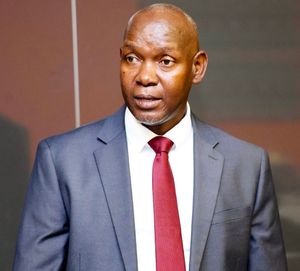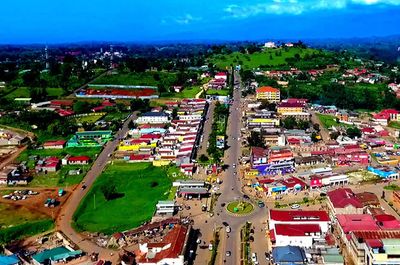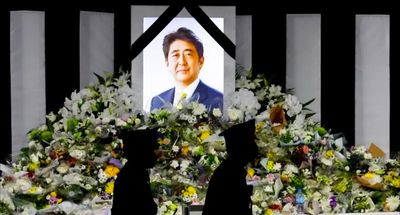
Uganda has launched an aggressive international campaign to unlock its estimated $50 billion tourism potential, wooing investors from the United Arab Emirates (UAE) with assurance of strong returns, according to Ramathan Ggoobi, the country’s Permanent Secretary and Secretary to the Treasury (PSST).
Speaking during the ongoing three-day, 4th Uganda–UAE Business Forum 2025 in Kampala, Ggoobi said Uganda had barely scratched the surface of its vast tourism opportunities, despite earning just over USD 1 billion annually from the sector. He emphasized that Uganda’s exceptional natural attractions including gorilla trekking, the Rwenzori Mountains, and the River Nile remain underutilized.
“Tourism is the biggest thing now because Uganda’s tourism potential is $50 billion. We have been doing nothing in tourism and earning just over a billion dollars, we are now coming in aggressively to package Uganda, repackage it, and promote it.” Ggoobi said.
Ggoobi cited the United Arab Emirates’ transformation into a global brand as a model Uganda seeks to emulate. “Wherever you go and mention Dubai, the signal is clear, efficiency, quality, and world-class service,” he said. “That’s what we want to achieve for Uganda.”
At the same forum, the PSST assured UAE investors of strong financial returns in Uganda, noting that the country offers an average return on investment of 14% and a return on equity of 30% for listed companies.
“Our pledge to you is that we shall do whatever is necessary to facilitate your investment,” said Ggoobi.
He added that Uganda’s macroeconomy is stable and well managed, with a pro–private sector government that offers generous incentives to investors. Ggoobi revealed that the economy grew by 6.3% in FY 2024/25 and is projected to expand to 7% in FY 2025/26, maintaining robust growth in the medium term. The country’s GDP now stands at USD 61.3 billion, he said.
Ggoobi further explained that Uganda’s upcoming National Development Plan 4 (NDP IV) is anchored on the Tenfold Growth Strategy, aimed at growing the economy to USD 500 billion within the next 15 years.
He also called upon investors to tap into the vast opportunities across Uganda’s four key growth areas: ATMS and the Enablers, stressing that the investment environment is conducive for sustainable partnerships.
The PSST assured participants that the Uganda shilling is the most stable currency in Africa, and that inflation remains below the 5% target, underscoring macroeconomic resilience.
Highlighting Uganda’s external performance, Ggoobi said exports reached USD 13.4 billion last year, resulting in a balance of payments surplus of USD 1 billion. Gold and coffee remained the leading export commodities.
He also noted that Foreign Direct Investment (FDI) inflows stood at USD 3.7 billion in FY 2024/25 and are expected to grow, alongside tourism receipts of USD 1.5 billion, which he said are also projected to increase.
Emphasizing the potential of tourism as a major driver of foreign exchange and employment, Ggoobi said Uganda plans to quadruple tourist arrivals, double visitor spending and stay duration, and rebrand the country to attract high-value travelers.
“This is the time to tell our story to the world,” Ggoobi said. “Uganda is ready to compete globally.”












Sunrise reporter
Leave a Comment
Your email address will not be published.